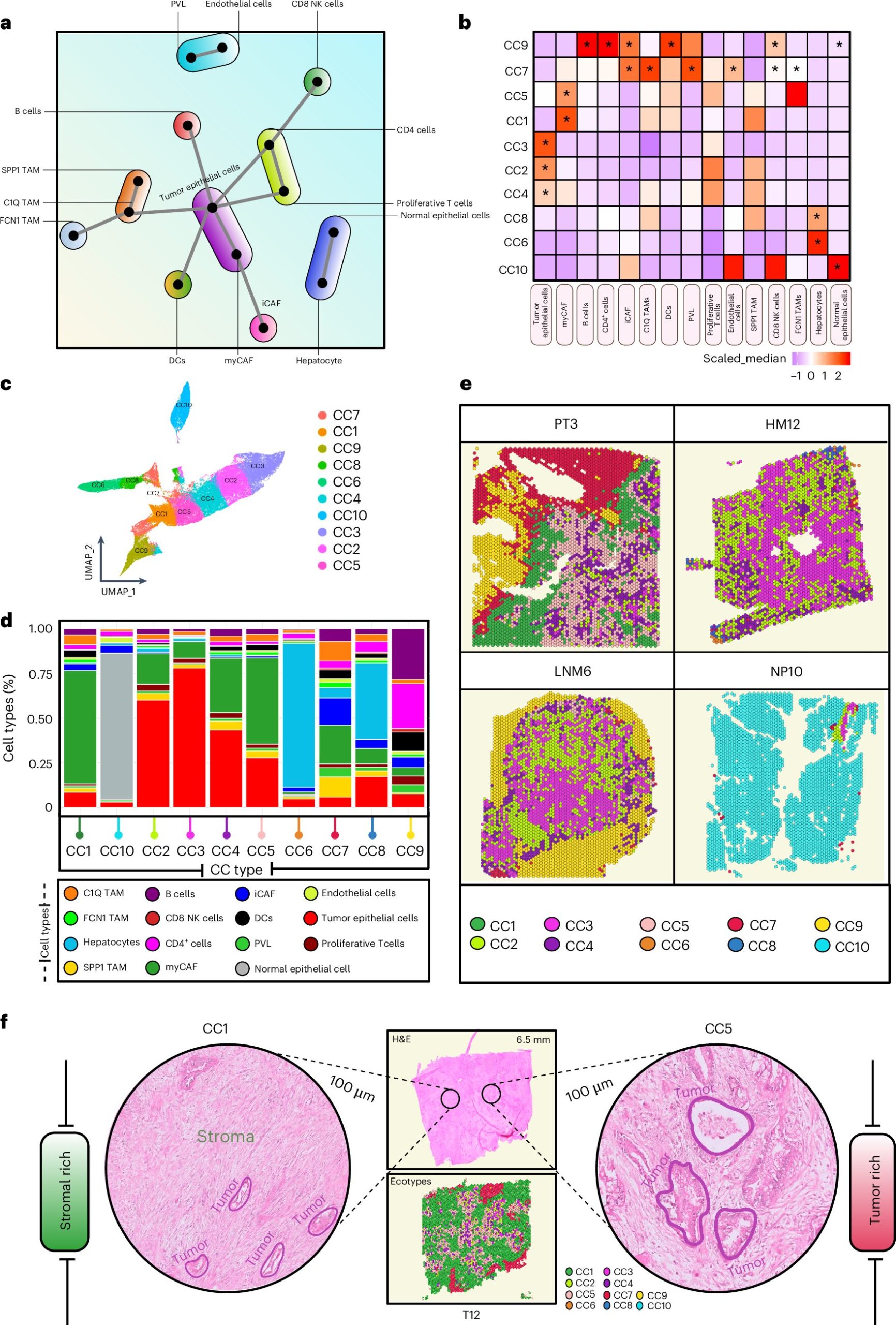Scientists in Trinity College Dublin have discovered a new process in our immune systems that leads to the production of an important family of anti-viral proteins called interferons. They hope the discovery will now lead to new, effective therapies for people with some autoimmune and infectious diseases.
Published this week in the journal Nature Metabolism, Prof. Luke O’Neill and his team have found that a natural metabolite called Itaconate can stimulate immune cells to make interferons by blocking an enzyme called SDH.
Co-lead author, Shane O’Carroll, from Trinity’s School of Biochemistry and Immunology, based in the Trinity Biomedical Sciences Institute (TBSI), said: “We have linked the enzyme SDH to the production of interferons in an immune cell type called the macrophage. We hope our work will help the effort to develop better strategies to fight viruses because interferons are major players in how our innate immune system eliminates viruses — including COVID-19.”
Co-lead author, Christian Peace, from Trinity’s School of Biochemistry and Immunology, based in TBSI, added: “Itaconate is a fascinating molecule made by macrophages during infections. It’s already known to suppress damaging inflammation but now we have found how it promotes anti-viral interferons.”
Working with drug companies Eli Lilly and Sitryx Ltd, the next step is to test new therapies based on Itaconate in various diseases, with some autoimmune diseases and some infectious diseases on the likely list. And the work potentially extends to other disease contexts in which SDH is inhibited, such as cancer, and could reveal a new therapeutic target for SDH-deficient tumours.
Luke O’Neill, Professor of Biochemistry n School of Biochemistry and Immunology, based in TBSI, said: “With Itaconate you get two for the price of one — not only can it block harmful inflammation, but it can also help fight infections. We have discovered important mechanisms for both and the hope now is that patients will benefit from new therapies that exploit Itaconate and its impacts.”
Clinical trials in patients are set to start next year.
The work is a collaboration led by Trinity, which also includes researchers from Children’s Health Ireland at Crumlin; University of Valladolid, Spain; and Stanford School of Medicine, California, USA.



